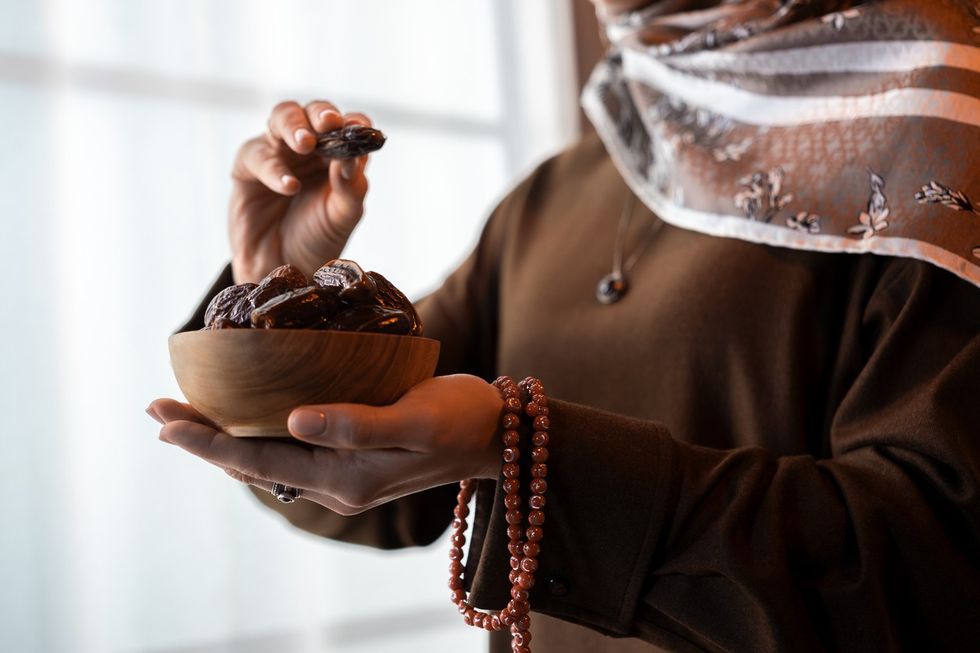INDIA reported another record daily rise in coronavirus cases, 414,188, on Friday (7), bringing total new cases for the week to 1.57 million. Deaths from Covid-19 rose by 3,915 to 234,083.
Medical experts say the real extent of Covid-19 is likely to be far higher than official tallies.
India's healthcare system is crumbling under the weight of patients, with hospitals running out of beds and medical oxygen. Morgues and crematoriums cannot handle the number of dead and makeshift funeral pyres burn in parks and car parks.
Infections are now spreading from overcrowded cities to remote rural villages that are home to nearly 70 per cent of the 1.3 billion population.
Although northern and western areas of India bear the brunt of the disease, the south now seems to be turning into the new epicentre.
In the southern city of Chennai, only one in a hundred oxygen-supported beds and two in a hundred beds in intensive care units (ICUs) were vacant on Thursday (6), from a vacancy rate of more than 20 per cent each two weeks ago, government data showed.
In India's tech capital Bengaluru, also in the south, only 23 of the 590 beds in ICUs were vacant.
The test-positivity rate — the percentage of people tested who are found to have the disease — in the city of 12.5 million has tripled to almost 39 per cent as of Wednesday (5), from about 13 per cent two weeks ago, data showed.
Syed Tousif Masood, a volunteer with a Covid-19 resource group in Bengaluru called the Project Smile Trust, said the group's helpline was receiving an average 5,000 requests a day for hospital beds and oxygen, compared with 50-100 such calls just one month ago.
"The experts say we have not yet hit the peak," he said. "If this is not the peak, then I don't know what will happen at the real peak."
In the past week, India has reported an extra 1.5 million new infections and record daily death tolls. Since the start of the pandemic, it has reported 21.49 million cases and 234,083 deaths. It currently has 3.6 million active cases.
Modi has been widely criticised for not acting sooner to suppress the second wave, after religious festivals and political rallies drew tens of thousands of people in recent weeks and became 'super spreader' events.
His government - which imposed a strict lockdown in March 2020 - has also been criticised for lifting social restrictions too soon following the first wave and for delays in the country's vaccination programme.
The government has been reluctant to impose a second lockdown for fear of the damage to the economy, though many states have announced their own restrictions.
Goa, a tourism hotspot on the west coast where up to one in two people tested in recent weeks for coronavirus have been positive, on Friday announced strict curbs from Sunday (9), restricting timings for grocery shops, forbidding unnecessary travel and urging citizens to cancel all gatherings.
While India is the world's biggest vaccine maker, it is also struggling to produce and distribute enough doses to stem the wave of Covid-19.
Although the country has administered at least 157 million vaccine doses, its rate of inoculation has fallen sharply.






 Big Bear Lake, CaliforniaiStock
Big Bear Lake, CaliforniaiStock Las Vegas strip in Nevadaistock
Las Vegas strip in Nevadaistock Skyline, TampaiStock
Skyline, TampaiStock Mayan ruins of Altun HaiStock
Mayan ruins of Altun HaiStock Cancun beachiStock
Cancun beachiStock Old San Juan’s cobblestone streetsiStock
Old San Juan’s cobblestone streetsiStock Old Port of Montreal iStock
Old Port of Montreal iStock











 Stricter regulations will be put in place to safeguard young consumersiStock
Stricter regulations will be put in place to safeguard young consumersiStock




